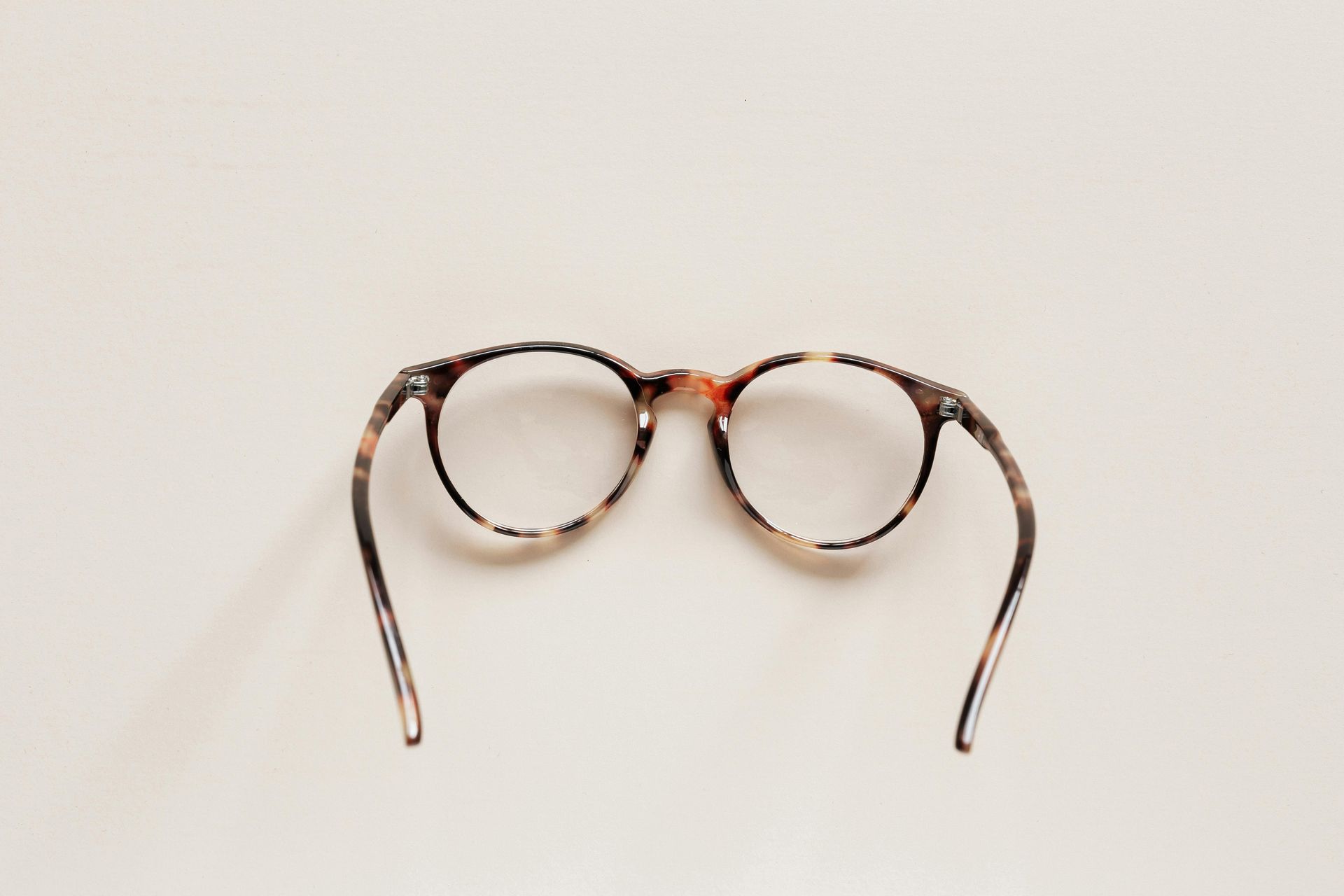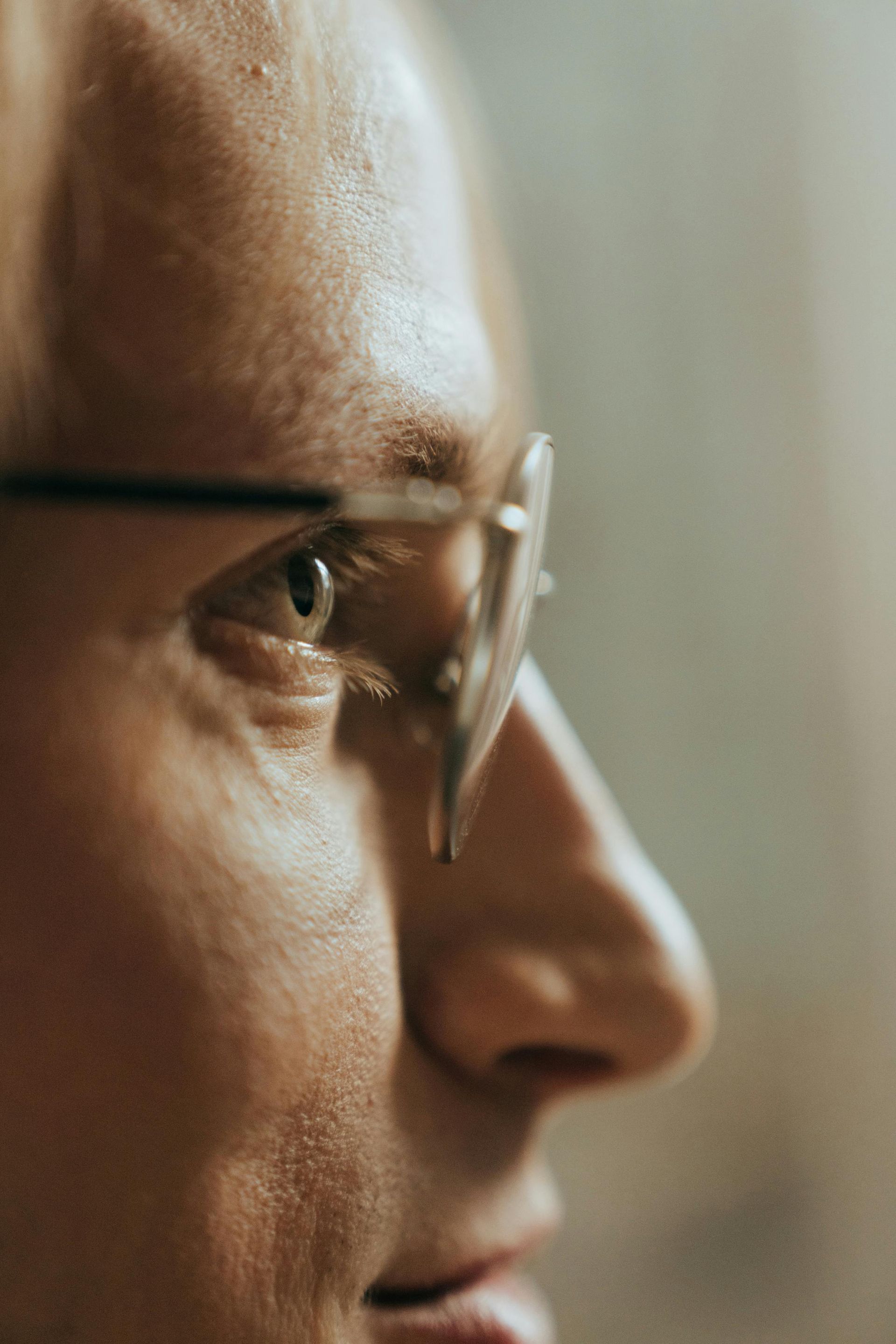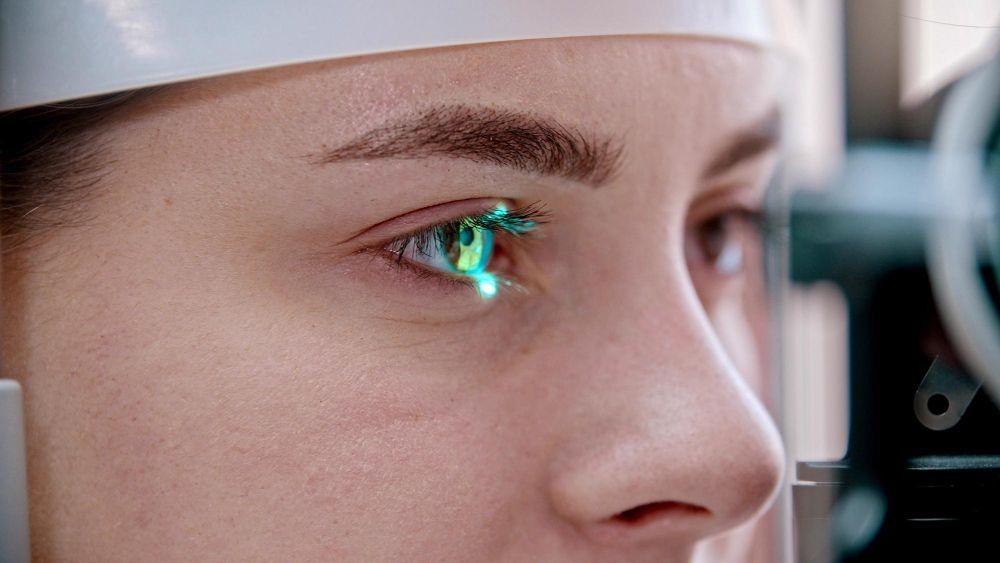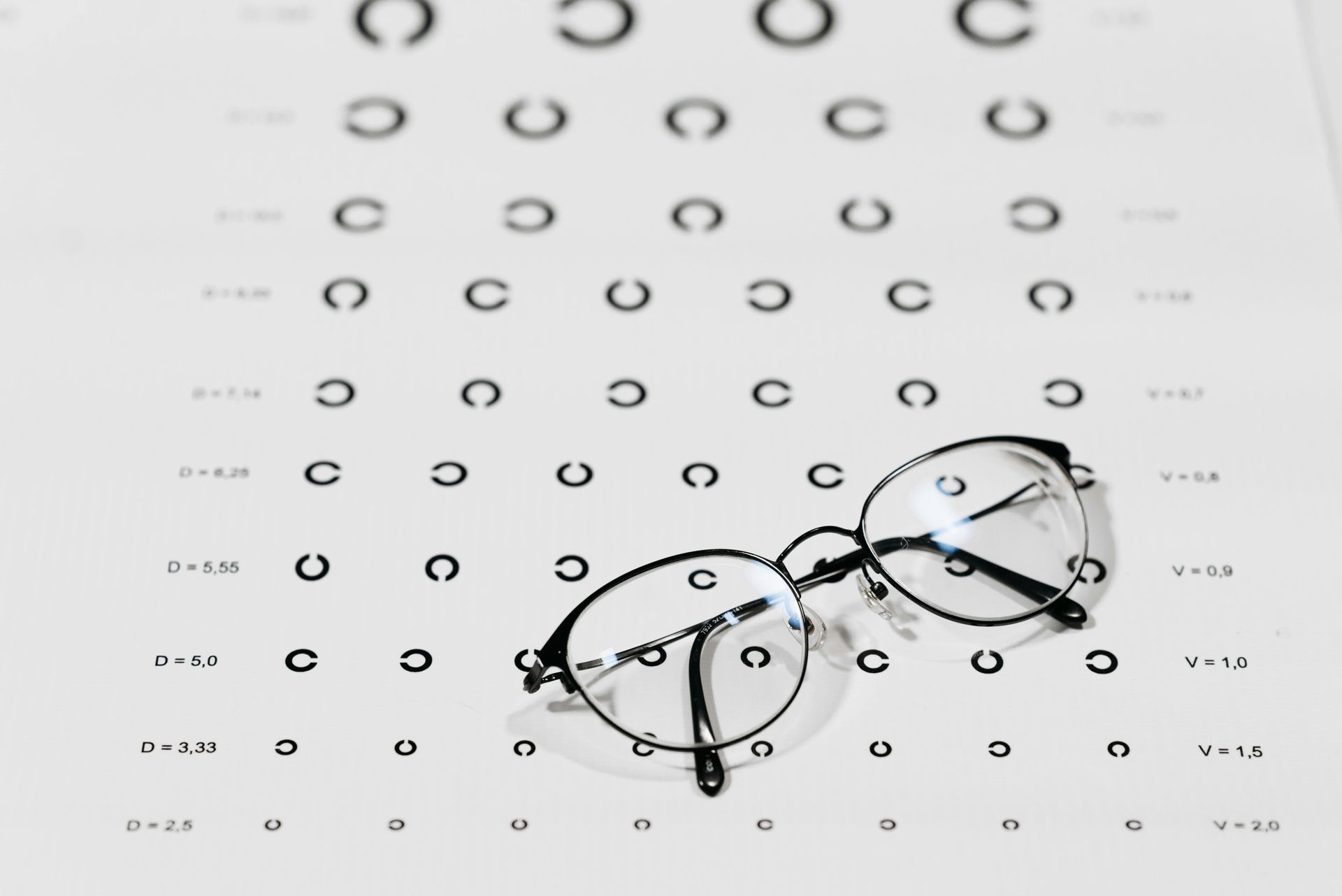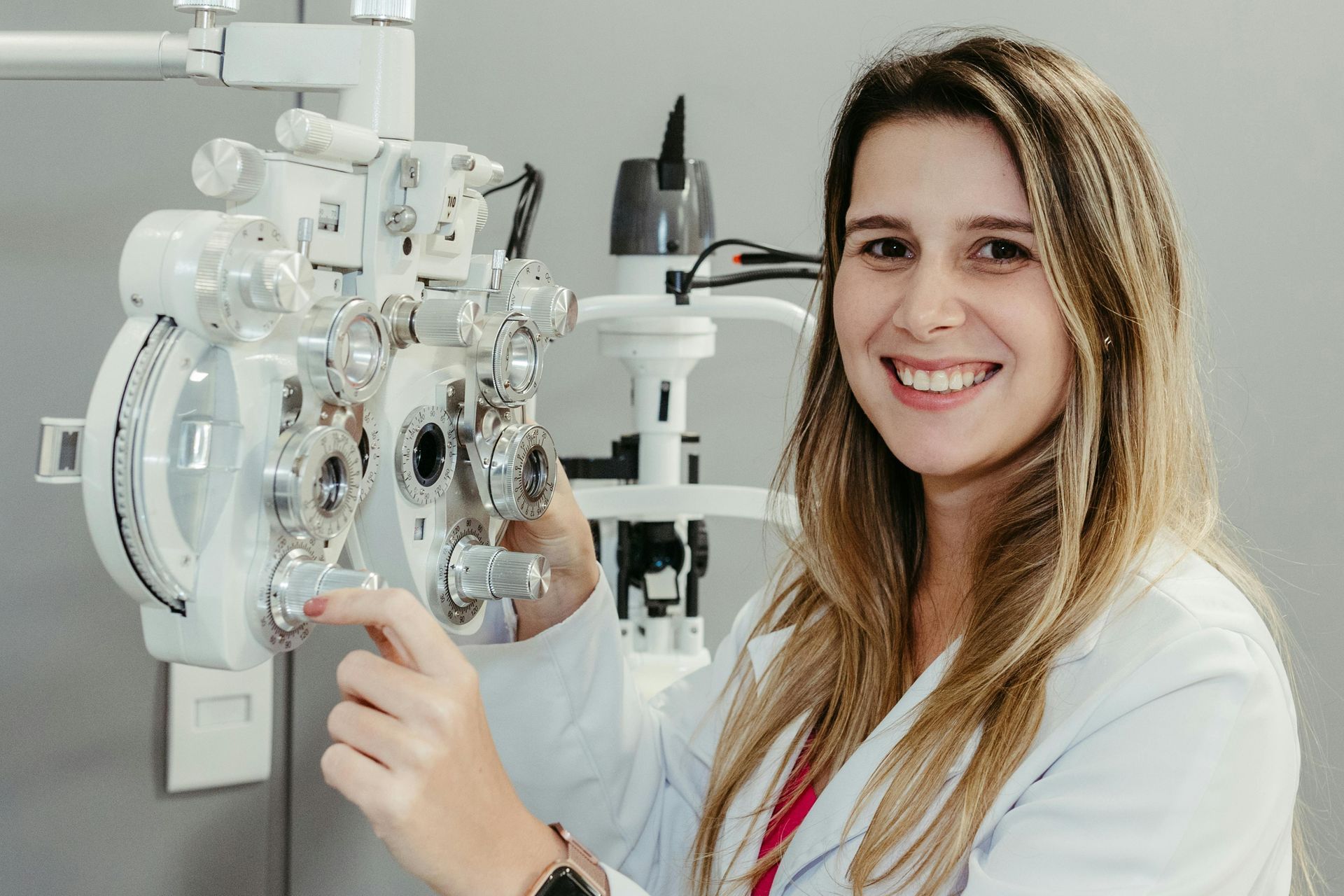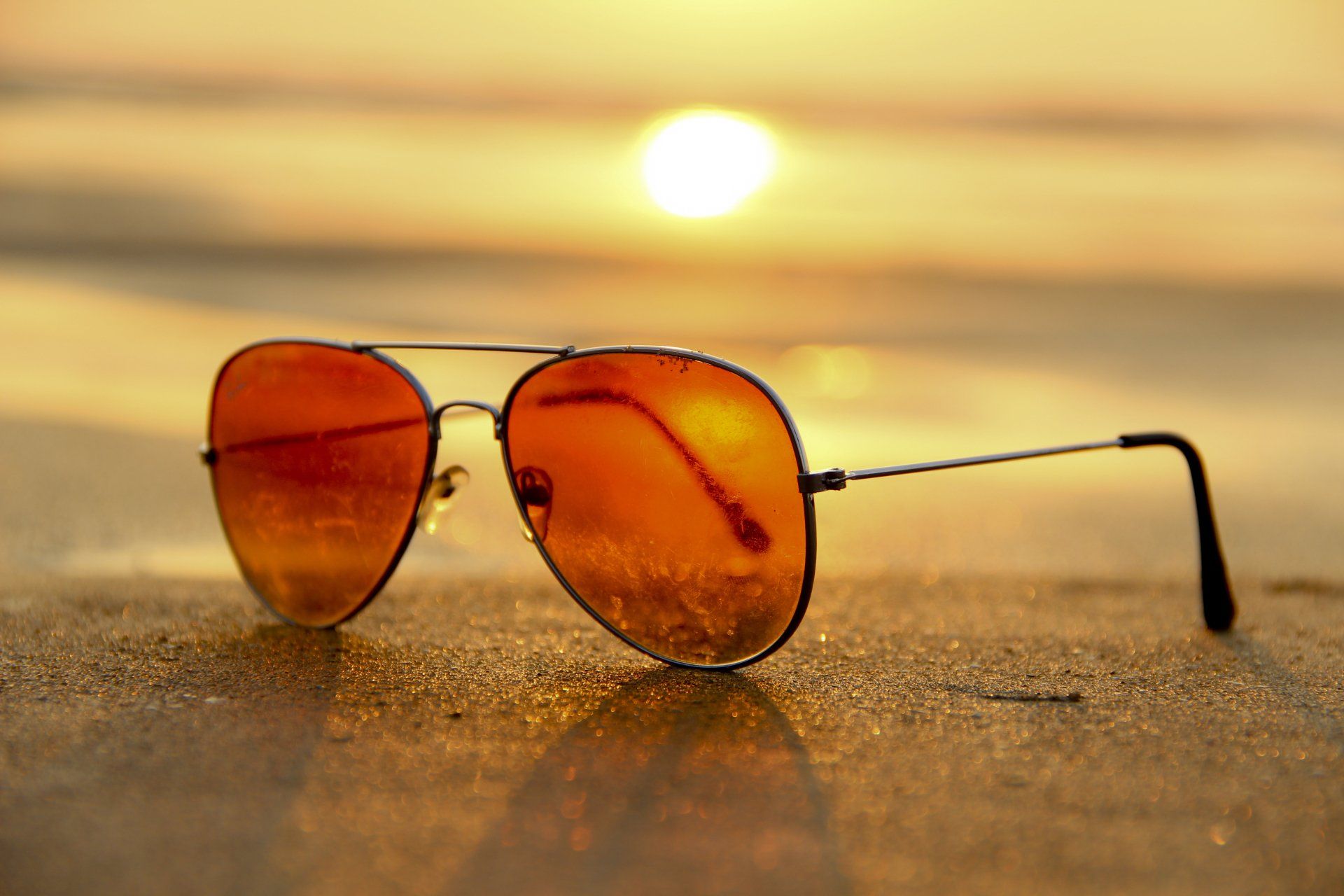Children's eyes and the sun's risks
Children's eyes and the risks of the sun: protect them now!
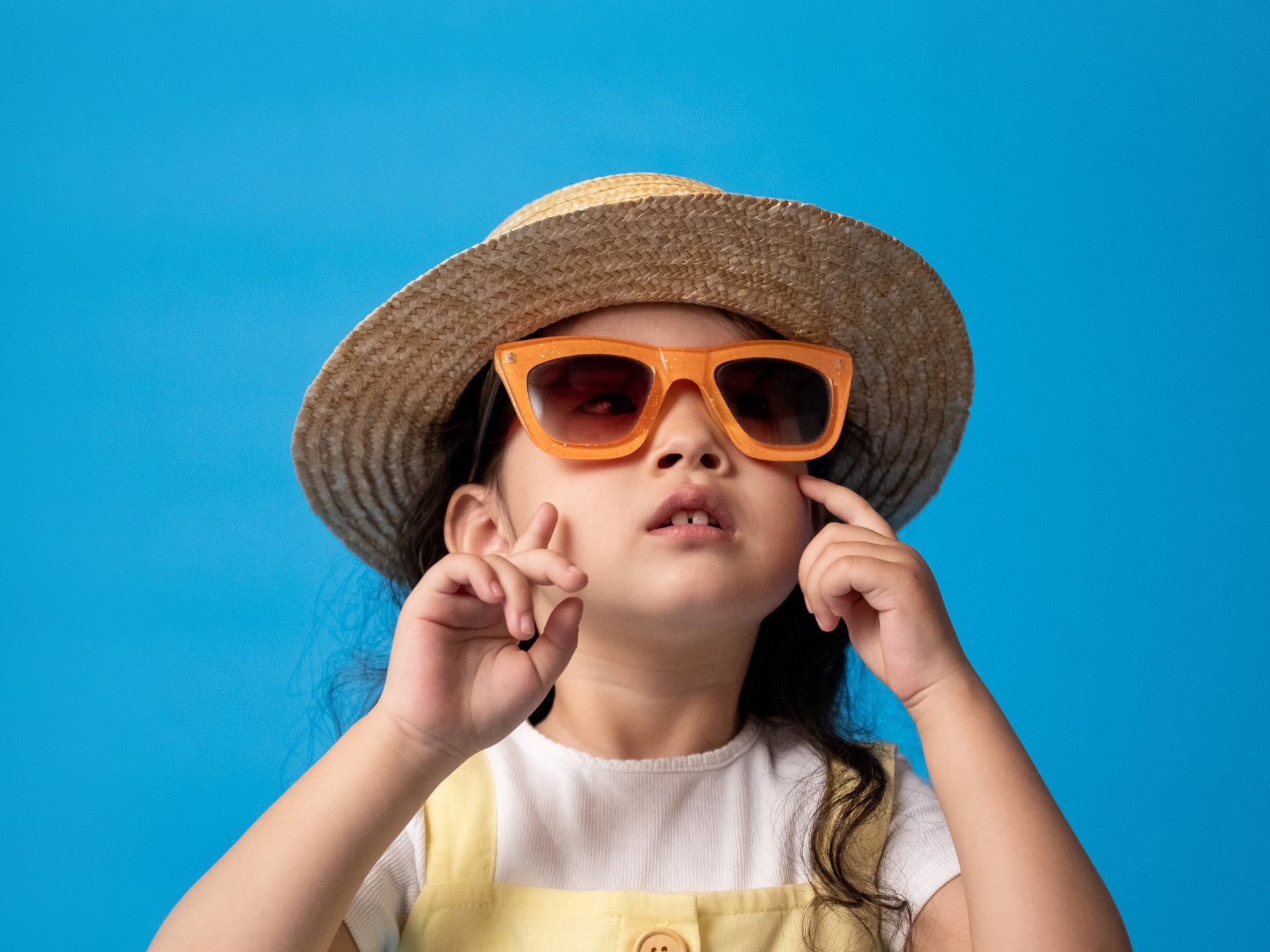
By protecting your child's eyes from harmful UV rays from an early age, you can help prevent serious eye problems in the long term.
Ultraviolet (UV) rays and your eyes: Protect yourself and your children!
Ultraviolet (UV) rays, invisible to the naked eye, are present in sunlight and can cause damage to the skin and eyes.
Like the skin, the eyes are sensitive to UV. Excessive exposure can lead to ocular sunburn, known as photokeratitis, with symptoms such as :
- Intense pain
- Redness
- Watery eyes
- Feeling of sand in the eyes
- Photophobia (sensitivity to light)
UV exposure is cumulative and can have long-term consequences, such as :
- Pterygium: a growth on the conjunctiva
- Cataract: opacification of the crystalline lens
- Age-related macular degeneration (AMD): disease affecting the retina
- Ocular melanoma: eye cancer
Children are particularly vulnerable to UV rays because :
- They spend more time outdoors than adults.
- The crystalline lens of their eyes is less developed and filters less UV.
- They receive around three times more UV rays than the average adult.
The WHO estimates that 80% of all UV exposure occurs before the age of 18.
Protecting your eyes and those of your children is essential!
By taking these simple steps, you can preserve your eye health and that of your children for years to come.
Children's sunglasses : The right choice for optimum protection
Sunglasses play a crucial role in protecting your child's eyes and fine skin around the eyes from harmful ultraviolet (UV) rays.
Before choosing sunglasses for your child, it's important to consult your optometrist for a complete eye examination. This examination will ensure that your child's eyes are in good health and determine whether your child needs prescription eyewear.
If your child needs prescription glasses, you have several options:
- Variable-tint or transition lenses: These lenses automatically darken when exposed to UV light, offering convenient protection in any situation.
- Separate glasses with tinted lenses and UV400 protection: This option offers optimum UV protection for outdoor activities.
- Contact lenses with UV protection: These can provide an extra layer of protection against harmful UV rays.
If your child doesn't need prescription glasses, here are a few points to consider when choosing sunglasses:
- Close-fitting, wraparound frames: Frames should hug your child's face to minimize UV light infiltration from the sides.
- Lenses that block 100% of UVA and UVB rays: Opt for lenses marked "100% UV protection" or "UV400" for maximum protection.
- Impact-resistant lenses: Choose polycarbonate lenses for greater resistance to impact and scratches.
In addition to choosing the right sunglasses, here are a few other tips to protect your child's eyes from the sun:
- Teach your child never to look directly at the sun.
- Limit exposure to the midday sun, between 10 a.m. and 4 p.m.
- Encourage him to wear a wide-brimmed hat when outdoors.
- Apply a protective sunscreen around the eyes.
By taking good care of your child's eyes from an early age, you'll give them better vision and eye health for life.

By taking care of your child's eyes from an early age, you'll give them better vision and eye health for life.
Don't hesitate to consult your optometrist for personalized advice tailored to your child's specific needs.
Conclusion: choosing quality sunglasses for optimum protection
Investing in quality sunglasses is essential to guarantee optimum protection for your child's eyes against harmful UV rays.
Here are a few important points to consider:
- Anti-reflective coating: Opt for sunglasses with anti-reflective coating on both sides of the lenses to minimize glare from the front and back.
- Quality materials: Choose sunglasses made from durable, impact-resistant materials for longer life.
- Tint uniformity: Ensure that lenses are uniformly tinted to guarantee clear, comfortable vision.
- Optimum optics: High-quality lenses provide clear, distortion-free vision.
Wearing inferior sunglasses can cause discomfort such as :
- Headaches
- Eye fatigue
- Distorted vision
To ensure that your child wears quality sunglasses, we recommend that you consult your optometrist or a reputable retailer.
By following these tips, you can provide your child with optimum sun protection and guarantee better vision throughout his or her life.
Place Farmer
64-C, boulevard Gréber
Gatineau (Québec) J8T 3P8
819-246-1699
Place Fleur de Lys
450-B, Boulevard St-Joseph
Gatineau (Québec) J8Y 3Y7
819-776-0188

